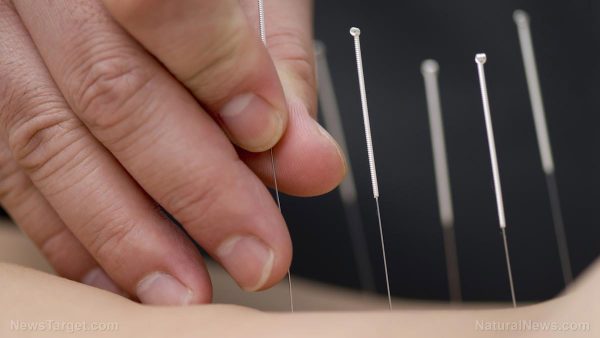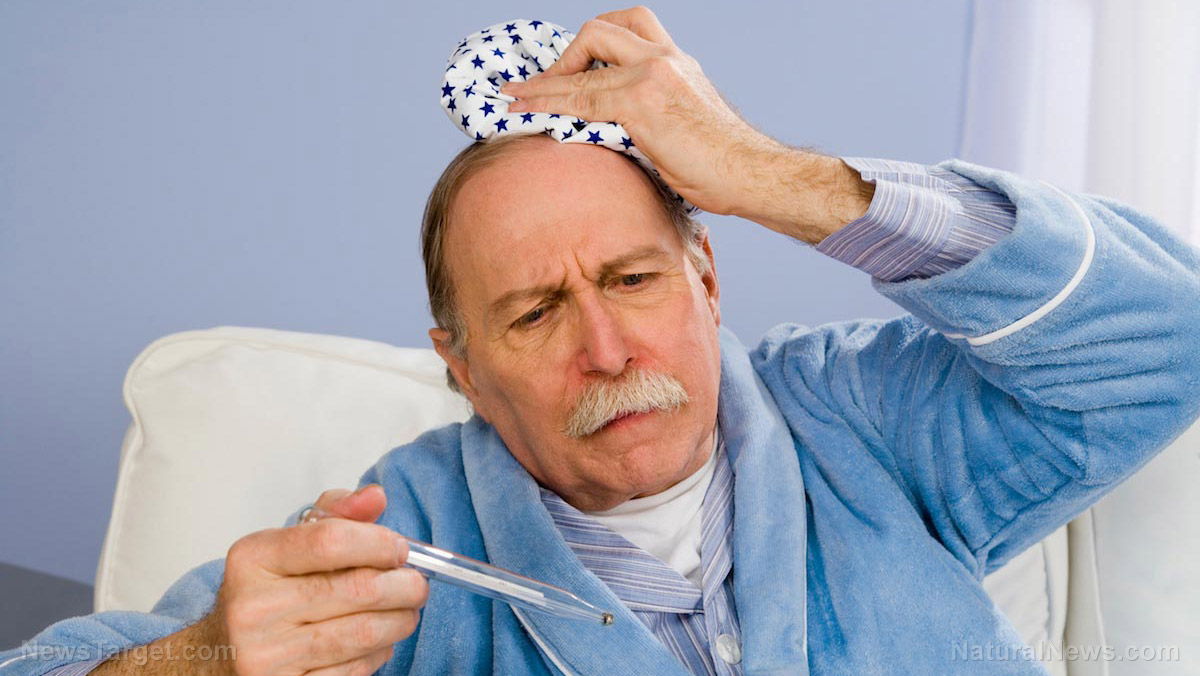Addressing the common flaws often found in arguments against acupuncture: What you really need to know
05/26/2018 / By Isabelle Z.

You might have heard a lot of acupuncture success stories, but if you’ve ever seriously considered this treatment for yourself, you were likely greeted with a lot of skepticism. Here’s a look at some of the common arguments people make against acupuncture and why they’re way off base.
The first and possibly most common way detractors will shoot down your acupuncture aspirations is by saying that it isn’t effective. Their reasoning is usually that it must not work because doctors don’t recommend it. You don’t have to be a brain surgeon to see the huge flaw in this argument: Doctors will by and large recommend the treatments that make them money, and acupuncture isn’t one of them.
In fact, this argument is even more baseless when you realize that the solutions they do recommend – namely opiates – aren’t nearly as effective as they claim, and they bring with them a slew of very serious side effects like stroke, liver failure, and gastrointestinal bleeding, not to mention risk of addiction.
In a study carried out by Minneapolis VA researchers that was published in the Journal of the American Medical Association, opioids were shown to work no better than non-opioids and over-the-counter drugs at addressing pain. The researchers in that study said that the best options for chronic pain are actually exercise and physical therapy. It’s not a study about acupuncture, but it does show just how little the experts think of drugs when it comes to dealing with pain.
Research is often misrepresented
Then there’s the problem of research being misrepresented. The biggest example of this is those who claim that studies have shown it to be no more effective than a placebo. The 2005 study people usually cite when making this argument doesn’t quite say that. In fact, it says that acupuncture is indeed more effective at relieving pain than no treatment or a sham treatment, and it adds that when it’s used alongside conventional therapies, it can relive pain and improve people’s function better than those conventional therapies on their own. However, acupuncture detractors fixate on the part of the study that says it can’t draw “firm conclusions” about acupuncture’s effectiveness for acute low-back pain.
While picking and choosing the parts of studies that aren’t overwhelmingly supportive of acupuncture’s efficacy, they conveniently fail to mention the countless studies that have indeed shown what a big difference it can make.
For example, one meta analysis found it to be a superior choice for chronic back pain, even among those who have not responded to conventional therapy. Meanwhile, a review by Canadian researchers found it to be a safe means of relieving mechanical neck pain, outperforming placebos, delayed treatment and sham treatment.
There’s also a recent review of 15 controlled acupuncture studies that found it to be effective for people with carpal tunnel syndrome, diabetic neuropathy, HIV-related neuropathy, and Bell’s palsy. It handily outperformed the standard pinacerium bromide treatment for irritable bowel syndrome at 86.7 percent to 64.3 percent, and other studies have shown that it can help to relieve labor pain. A study published in the Chinese Medical Journal showed that women who were given acupuncture or electroacupuncture had significantly less pain than those given a placebo in the hours following their C-sections, requesting morphine later on average and using one third less of it during the first 24 hours post-surgery.
By putting flawed arguments aside and considering the vested interest some people have in the alternatives, many individuals are discovering for themselves just how effective acupuncture can be.
Sources for this article include:
Tagged Under: acupuncture, alternative medicine, Chinese medicine, electroacupuncture, Medicine, natural medicine, Opioids, pain, pain relief, painkillers, research

















